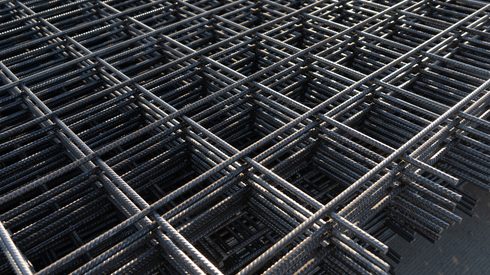Scrap buyers increased prices multiple times during the week to Tuesday March 22 to ensure that volumes continue to arrive, according to market participants.
Prices for large volumes of prime scrap were noted mostly above 12,000 pesos ($589) per tonne in both regions, with a few deals being closed at around 12,600-12,700 pesos per tonne.
Fastmarkets’ assessment of the steel scrap No1 busheling, consumer buying price, delivered mill Monterrey was 12,050 pesos per tonne on Tuesday, up by 2.55% from 11,750 pesos per tonne one week prior. The assessment was 10,950 pesos per tonne on January 4.
Fastmarkets’ assessment of the steel scrap No1 heavy melt, consumer buying price, delivered mill Monterrey was 10,500 pesos per tonne on Tuesday, up by 5.00% from 10,000 pesos per tonne the previous week.
Meanwhile, Fastmarkets assessed the steel scrap No1 busheling, consumer buying price, delivered mill Bajio at 12,500 pesos per tonne, up by 5.04% from 11,900 pesos per tonne the week before.
And Fastmarkets assessed the steel scrap No1 heavy melt, consumer buying price, delivered mill Bajío at 10,550 pesos per tonne, a week-over-week increase of 2.93% from 10,250 pesos per tonne.
“Steelmakers are not willing to take chances regarding scrap supply,” a Mexican scrap dealer said.
There was pressure from high pig iron prices and positive sentiment for scrap prices in the United States. The market in the US continues to show strength, with new price increases expected for April domestic settlements, Fastmarkets has learned.
Scrap supply in Mexico could become more scarce if US buyers increase their imports of the steelmaking raw material.
“We don’t see any sign of easing prices of scrap [in Mexico],” another scrap seller said.





